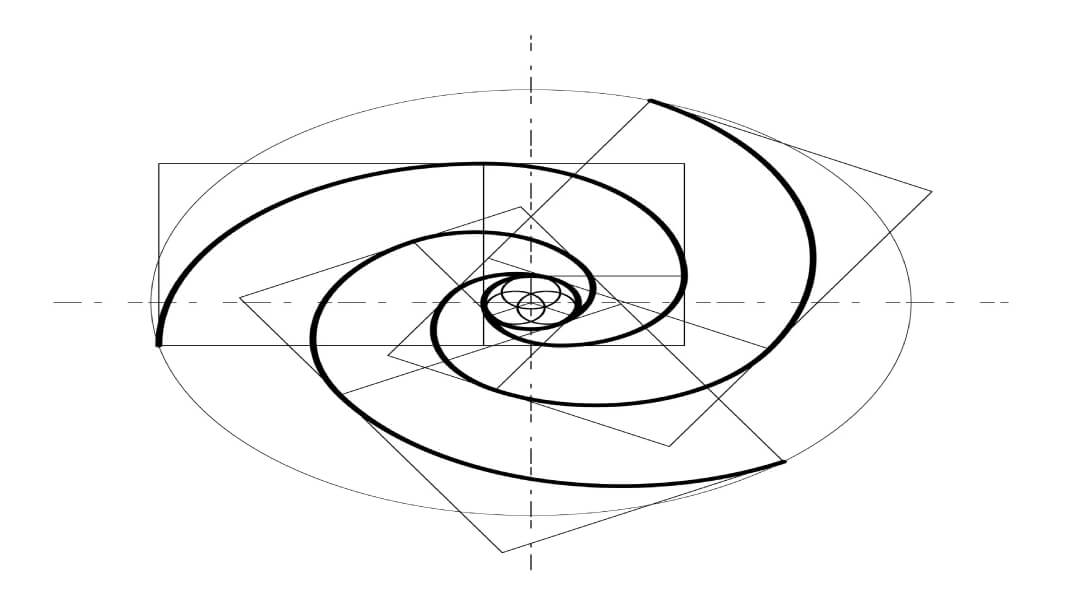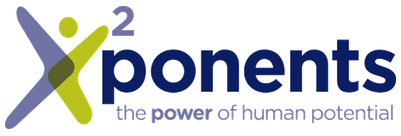Why Meaningful Work Matters
Nov 3, 2015 11:20:39 AM
A month ago I posted, Millennials, Feedback, and the Dreaded Performance Appraisal. My intent was to prove that it’s time for a change in how performance is managed. I planned for the second post in the series to move the reader from “why” it’s important and on to the “how” it can be accomplished. But in the last few weeks I realized there was an important element that had been left untold. To be an advocate for leading and coaching through the lens of what creates meaning in the workplace, and to convince the reader that we must each find work that speaks to our hearts, then I have to tell you what is at the heart of why this matters so much to me.
Will it matter that I was?
Will it matter I was here?
And can I make a difference…
before I disappear?
Excerpt from the poem, Will it Matter that I Was? By my brother Michael
My perspective on the meaning of life was forever changed by the death of Michael who committed suicide at the age of 27. I was his big sister, and the one who felt responsibility for five children who were left mostly to raise themselves. When Michael left us slowly at first, and then abruptly, it was the custom of the remaining siblings to create order from chaos and so we did, laying him finally to rest. As I went through the remnants of his life, I found his poem titled, Will it Matter that I Was? His words gave me a window to see him and the importance of meaning through the question he struggled with as darkness engulfed him. The last contact I had with Michael was an email, read and responded to with haste during a business trip, and one week before he died. He was concerned about who he was as a father and a husband. He had decided to take the summer off from school to spend time with his family and to figure out a direction for his life. Two sentences away from goodbye, Mike wrote, “I took a class in leadership last semester, and have had the topic on my mind regularly. I would love to listen to any advice that you have. I worry that I am not a leader.” I never had the chance to offer my advice, but have often imagined what I would say, if I had the opportunity to point him in a direction. Finding life’s meaning requires that we ask provocative questions. Finding our answers, requires knowing the questions to ask.
I feel as if my entire life has been spent exploring the question, why am I here? Through questioning I’ve come to believe that each of us has a unique pattern of integrity, and in my work this concept model represents the Power of Y, or why it matters. I define this pattern as our spiritual blueprint, our innate gifts, the essence of who we are. Our divine essence is dipped in a genetic cocktail, co-mingled with time and geography, and wrapped in privilege or marginalization as we are pushed into the world and the arms of saints and sinners. Once here, we navigate life’s winding roads, choosing what parts of ourselves will dance with the circumstances and consequences of our reality. The purpose, the meaning of life, is to discover and live from our divine essence in service to self, others, community, or that which is bigger than we are; call it the Universe, God, or the Great Mystery of all Things. When we can’t find that connection to our own essence it’s as if we are adrift in the sea of life. I imagine that the tumultuous sea that was both the circumstances and consequences of Mike’s life, finally pulled him under, and he drowned having never found an anchor or safe harbor to rest and wait out his many storms.
As you can see, I choose to believe that each of us was created for a reason, and that this reason extends into our vocation. Not like fate, but more like a special design that has many potential uses. Faith tells me there is always something bigger at play and this drives me to serve that collective good. The Stanford Encyclopedia of Philosophy states, “some suggest that conceptual candidates for grounding meaning are purposes that not only have a positive value, but also render a life coherent (Markus 2003), make it intelligible (Thomson 2003, 8–13), or transcend animal nature (Levy 2005),” and this interpretation mostly aligns with how I have constructed the meaning, of my meaning. The Stanford Encyclopedia of Philosophy further states that there is not a precise definition of meaning, or consensus within the field on how to define the meaning of life. How could it be any other way? Perhaps it matters less that we agree on a common definition, and more that we define the meaning of life for ourselves. Who is better equipped than I, to discover the threads of continuity in a life that seems otherwise incoherent? Each of us must discover and connect our essence and uniqueness to a larger concern that is bigger than we are, allowing us to dance with enthusiasm in life including our work. How can a social construct write the lines that will define what is pleasing to our soul, or to God? It cannot, just as there will never be consensus on the meaning, and for some, even the very existence of God.
Michael finished his lines, but never resolved the question, did he matter? I feel sad that I can’t resolve it for him and afraid he will disappear if I forget him. I close my eyes to make sure I can still recall his face. I hang on to the many truths I know of him, not a monster or a glorified image created out of grief or guilt, but a multi-faceted, flesh and blood man. I remind myself of the many complexities that define my brother. I see in my minds-eye, the toddler who laughed uncontrollably as I pulled him up and down the hallway in a cardboard box. I recall retrieving the stone-faced boy of twelve from the police, caught trying to cross the border into Mexico with a stolen vehicle. I smile when I think of him at eighteen, face alight with wonder as we approach a waterfall, clothed in sparkling mist and rays of sunlight, discovered on a rare and spontaneous hike. That hike, was the first and last time I ever saw him so relaxed and filled with joy. Michael loved literature, music, and poetry and was plagued by addictions, depression, and shame. My brother was the victim of abuse and as is often the case he became the abuser, especially to himself. When I compare the man I feared he was the day my sister and I attempted an intervention, with the man years later who sat contentedly holding his 3-month old daughter, I feel the loss for the estranged years that can never be retrieved. In that moment while cradling her close, and just months before he died, I distinctly remember daring to hope that at the age of twenty-seven he had finally found himself. Today I still hope, but my focus is to facilitate this discovery for many.
I’m struck with the realization that this story about Michael, is an integral part of my own story and what often fuels my own search for meaning and engagement at work. I’m grateful that through questioning my reality, I continue to discover new textures and color as the artist creates the next version of future-self. Michael no longer looks for new versions of himself. His story has been written. Those of us left behind, and often referred to as survivors of suicide will say that we fantasize about going back in time, to change what happened or to try to make sense of it. I wish I could implore my brother to believe that he most assuredly matters. I ache to turn back the clock’s hands, and convince him to consider asking a different question. I make a mental note to reconsider the questions I ask myself, before time runs out for me.
The human condition has always been wrapped in mystery and confusion regarding the meaning of life. I now suspect that the meaning of life is to find meaning, and I fear that when we stop creating our own meaning that the lights go out. I believe that the keys to unlocking this mystery, lie within each of us. We can choose to look to our darkness or our light, for the answers to guide which roads we will travel on life’s journey. If I could go back in time, I imagine standing in the misty sunlight and saying, “Michael, you are deeply loved. You were chosen to be part of the inconceivable miracle of life, brought here through space and time, and statistically against great odds. Worthiness is your birthright and though you have been victimized, you must not become a victim, who is preyed upon and seduced by confusion and self-doubt. The question you ask can never be: Do I matter? The question must always be: What gift, talent, experience, or interest can I offer to a world that hungers for my touch? This is what lies between life and death, the discovery again and again, of the best parts of us and what we are called to do with this one miraculous life. The research I often share is intended to convince my audience of the relevance of this message, and I suppose the facts and statistics also help validate and prove to my head that my work matters. But Michael has returned to me these past weeks to remind me that it is the heart that points us in our direction. My heart says, it’s past time to align each individual’s values, vision, and purpose at work. Don’t let it be too late to find your life’s best use.
If you believe it’s time for a change, but aren’t quite sure how to get started, stay tuned later this month for Part 3 of this blog: How Transformational Coaching leads to Meaningful Work.
If you are interested in becoming a performance driven organization that’s able to balance a drive for results with caring and connected leadership; redefining coaching and feedback may be an opportunity worth considering, then we would love to work with you.






2 Responses